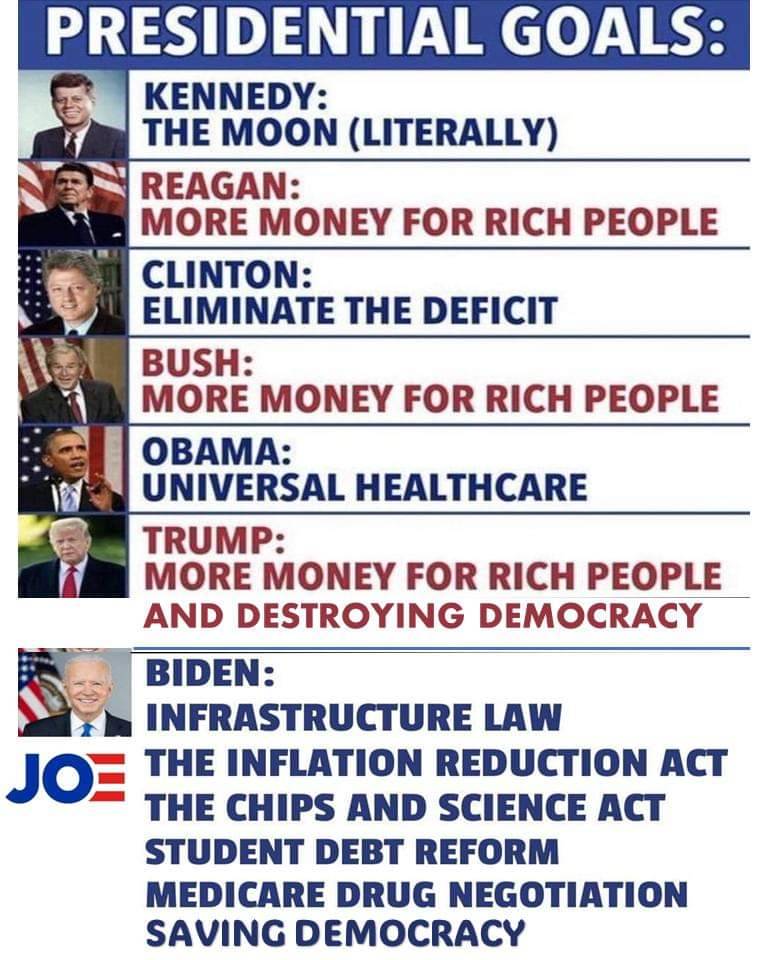this post was submitted on 18 Apr 2024
952 points (82.3% liked)
Political Memes
5426 readers
2169 users here now
Welcome to politcal memes!
These are our rules:
Be civil
Jokes are okay, but don’t intentionally harass or disturb any member of our community. Sexism, racism and bigotry are not allowed. Good faith argumentation only. No posts discouraging people to vote or shaming people for voting.
No misinformation
Don’t post any intentional misinformation. When asked by mods, provide sources for any claims you make.
Posts should be memes
Random pictures do not qualify as memes. Relevance to politics is required.
No bots, spam or self-promotion
Follow instance rules, ask for your bot to be allowed on this community.
founded 1 year ago
MODERATORS
you are viewing a single comment's thread
view the rest of the comments
view the rest of the comments

William Harrison was a Whig, which was definitely the more progressive party at the time. His vice president, John Tyler, abandoned the Whig party and aligned himself more with Andrew Jackson and the Democrats, which were the conservative party at the time. It should be noted that the Whigs were much less destructive toward Indians than the Jackson and the Democrats, and Tyler was also strongly anti-Indian and anti-Mexican.
Here were the political positions of the Whig party: